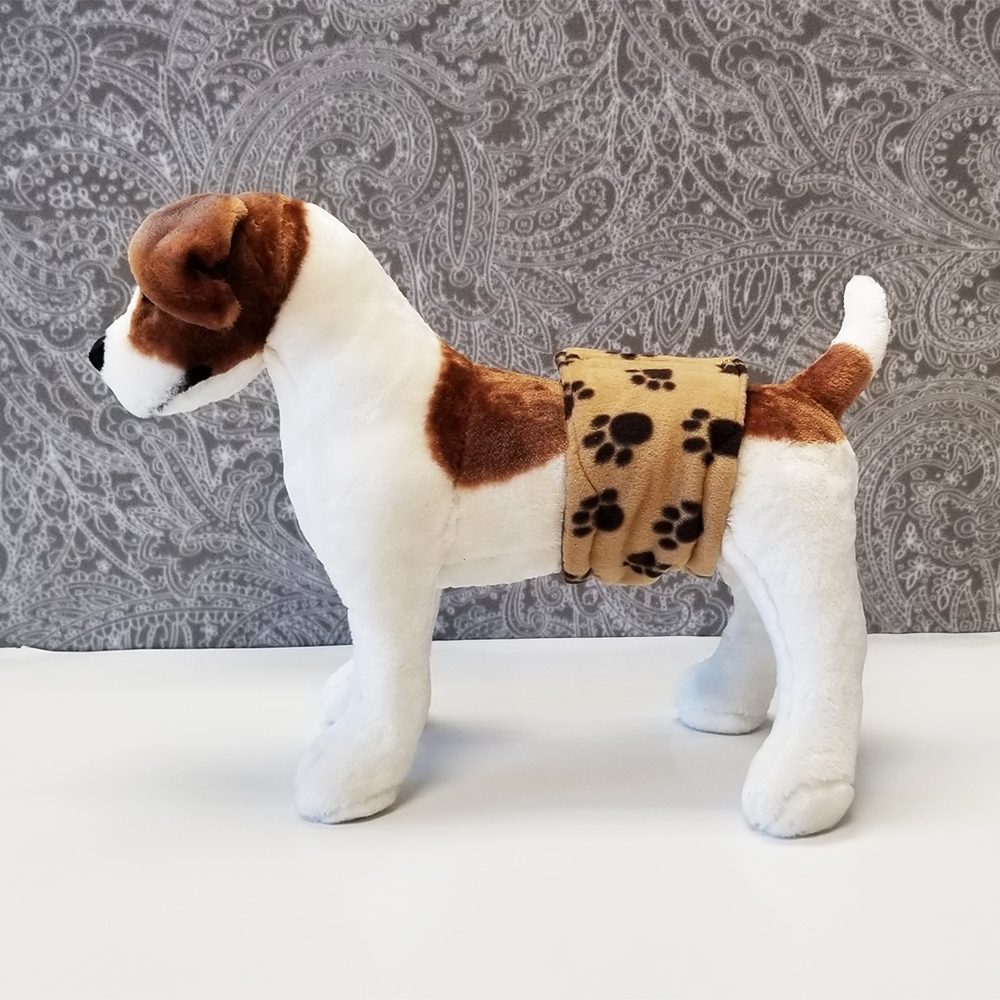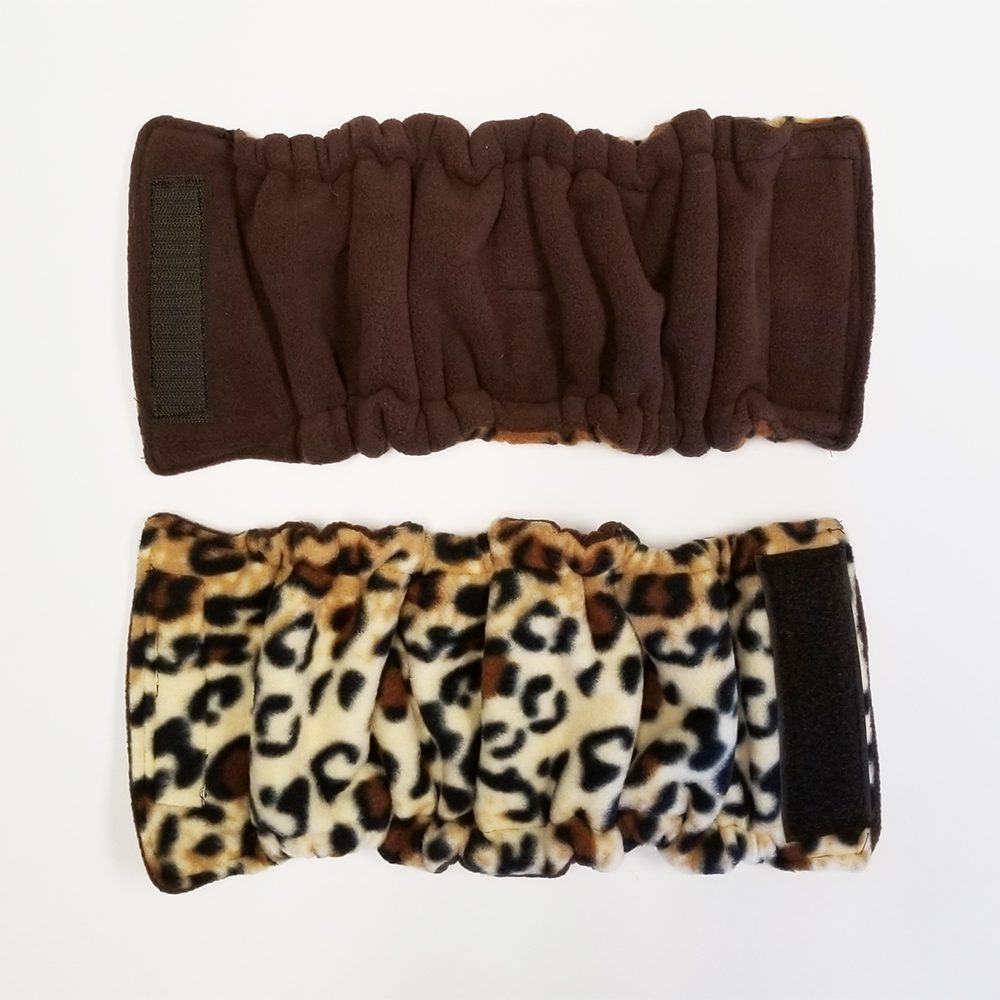Rhodesian Ridgeback
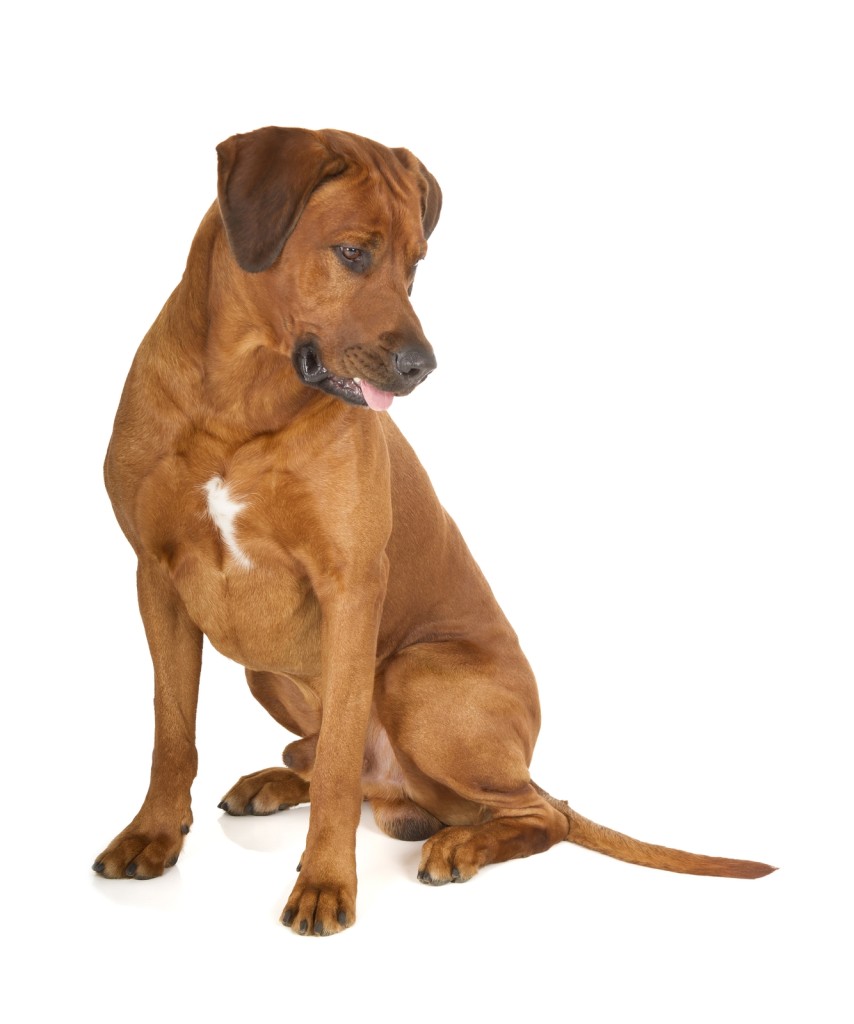
Rhodesian Ridgeback: The Majestic and Versatile African Hound
Welcome to the comprehensive guide on the Rhodesian Ridgeback, a breed known for its striking ridge of hair along its back, dignified stance, and robust athleticism. This page explores the Rhodesian Ridgeback, a breed originating from Southern Africa, celebrated for its hunting prowess, loyal temperament, and strong, yet gentle nature, making it an admired companion for active families.
Overview
Height: Males: 25-27″; Females: 24-26″
Weight: average: Male: 85 pounds; Female: 70 pounds
Colors: wheaten
Life Expectancy: 10-12 years
Group: Hound Group
_________________________________________
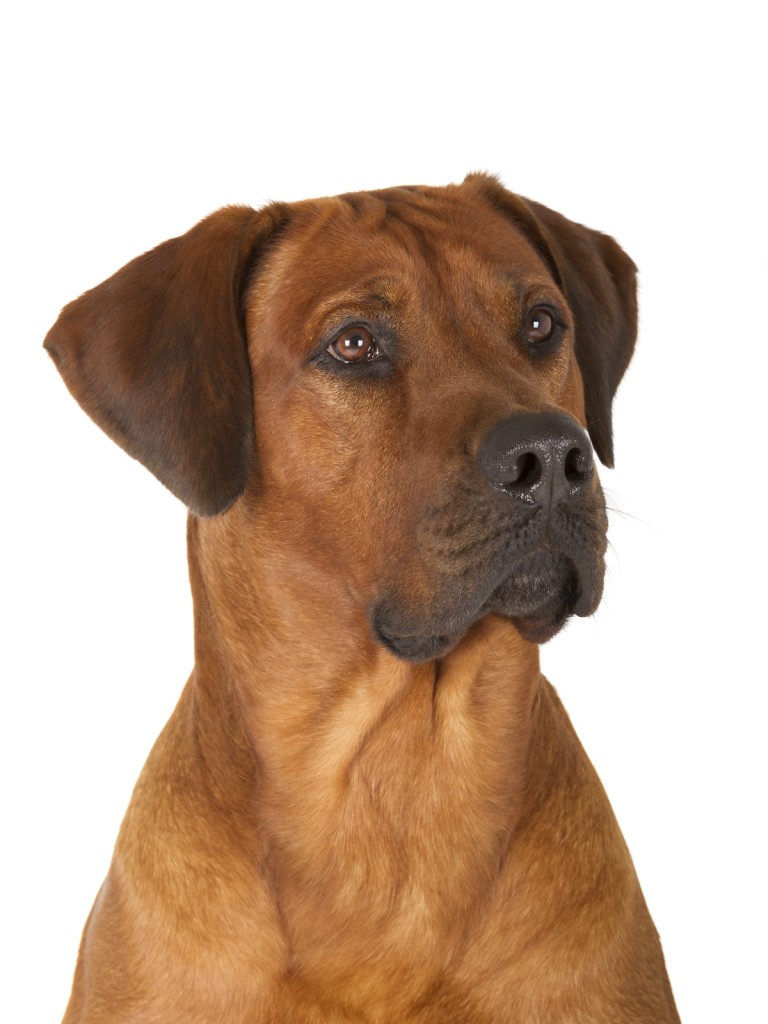
Physical Characteristics
- Distinctive Ridge and Muscular Build: The hallmark of the Rhodesian Ridgeback is the unique ridge of hair that runs along its back in the opposite direction to the rest of its coat. They possess a muscular and athletic build, showcasing their strength and agility.
- Short and Sleek Coat: Their coat is short, dense, and sleek, typically in a beautiful wheaten color, ranging from light to reddish-brown.
Temperament and Personality
- Loyal and Protective: Rhodesian Ridgebacks are fiercely loyal to their families, known for their protective instincts. They are excellent guardians, naturally cautious around strangers while being affectionate with their loved ones.
- Intelligent and Independent: These dogs are intelligent and can sometimes exhibit an independent streak. They are responsive to training, though they require patience and consistency.
- Active and Energetic: As a breed developed for endurance, they have high energy levels and require ample exercise. They thrive in active environments and enjoy participating in outdoor activities.
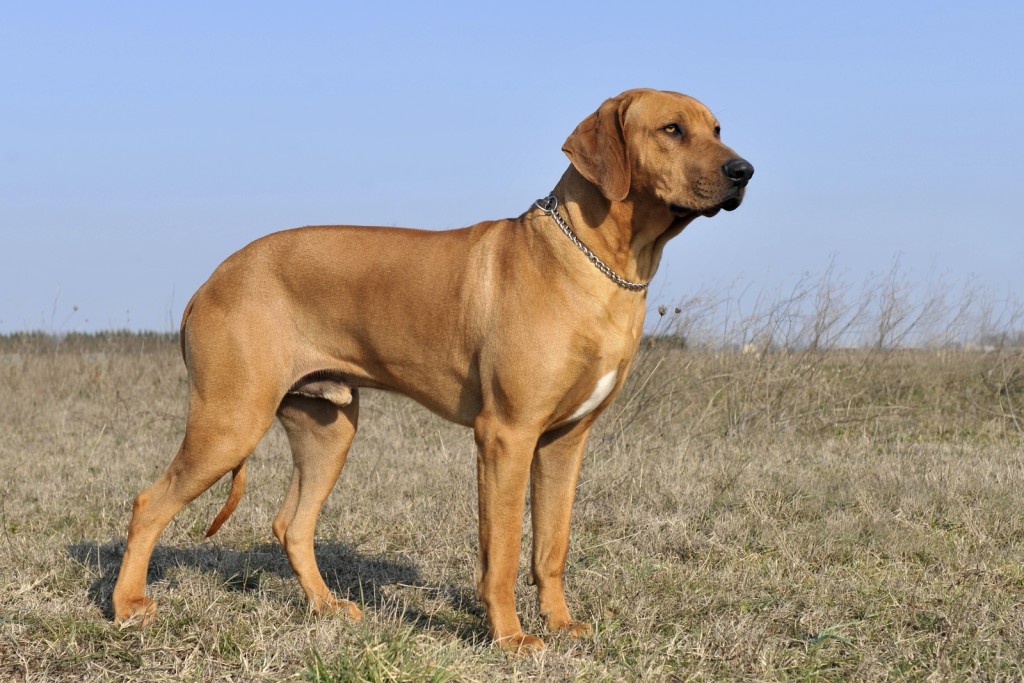
Training and Exercise Needs
- Training: Early socialization and obedience training are key for Rhodesian Ridgebacks. They respond well to firm, fair, and positive training methods.
- Exercise: Regular, vigorous exercise is essential for this breed. Activities such as long walks, running, and hiking suit their energetic nature.
- Mental Stimulation: Providing mental challenges, such as scent work, tracking exercises, and agility training, is important to keep their minds engaged and fulfilled.
Health and Nutrition
- Diet: A balanced diet suitable for a large, active breed is crucial. Regular veterinary check-ups are important for maintaining their health.
- Common Health Issues: Generally robust, Rhodesian Ridgebacks can be prone to specific health conditions such as PRA, cataracts, degenerative myelopathy, epilepsy, dermoid sinus, hip/elbow dysplasia. Regular health screenings and a proactive approach to their health care are advisable.
Grooming and Care
- Coat Maintenance: Their short coat is relatively low maintenance but does require regular brushing to manage shedding and maintain coat health.
- General Care: Routine health care practices, such as dental hygiene, nail trimming, and ear cleaning, are important for their overall well-being.
Living with a Rhodesian Ridgeback
- Family Compatibility: Rhodesian Ridgebacks are great with families, forming strong bonds with all members. They are generally good with children when properly socialized.
- Adaptability: They adapt well to various living environments, thriving in homes where they have space to exercise and be active.
- Companionship: They enjoy being part of family activities and are happiest when included in daily routines, especially those that involve physical activities.
Responsible Ownership and Adoption
- Selecting a Breeder: Choose breeders who prioritize health, temperament, and adherence to breed standards.
- Adoption Options: Considering adoption from shelters or breed-specific rescues is a commendable way to provide a loving home to a Rhodesian Ridgeback in need.
.
Conclusion: The Rhodesian Ridgeback, with its dignified appearance, protective nature, and athletic ability, is an ideal breed for those seeking a loyal, active, and strong companion. Their adaptability and affectionate nature make them a beloved member of many households.
Housebreaking
PUPPY HOUSEBREAKING tips: https://www.dog-breeds.net/puppy-housebreaking/
ADULT MARKING AND RETRAINING tips: https://www.dog-breeds.net/dog-housebreaking-marking-page/


